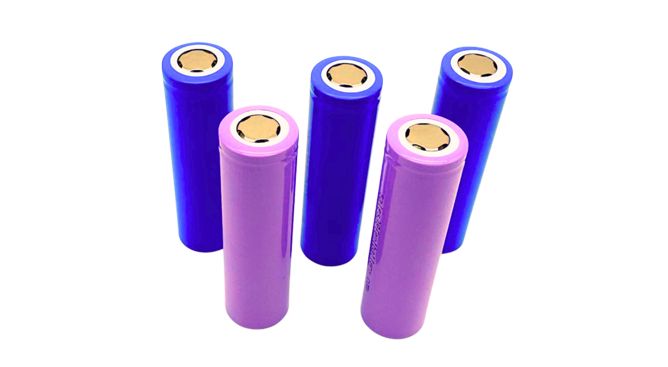Battery Capacity Test: Why do different chargers have different capacity measurement results?
When we test the capacity of a battery with a charger, the measurement results of different chargers may vary, which can make it difficult for us to clearly determine the true capacity of the battery. So, why do different chargers produce different results? How to choose a charger with more accurate measurement? Let's explore the truth.

What problems can inconsistent capacity test results cause?
Unable to determine battery performance: The capacity results of the same battery on different chargers are different, and we cannot determine which test result is closer to the true situation of the battery, thus misjudging battery performance.
Difficulty in choosing a charger: Differences in battery measurement results between different chargers can make it difficult to determine which charger is more reliable, affecting our ability to choose the charger that suits us best.
Increasing product after-sales issues: Inconsistencies in capacity test results can lead people to believe that there is a problem with product quality, which increases unnecessary product after-sales behavior and greatly reduces the product's user experience.
What factors will affect the battery capacity test results of the charger?
1. Discharge current
The discharge current is an important factor affecting the results of capacity testing. The higher the discharge current, the lower the tested battery capacity, and vice versa. This pattern is commonly observed in disposable and rechargeable batteries on the market.
To verify this pattern, XTAR laboratory conducted experiments on it, and the experimental data table is shown in the above figure. Taking the XTAR 18650 4000mAh battery as an example, as the discharge current increases from 0.8A to 8.5A, the capacity test results gradually decrease. This is because when the battery is rapidly discharged (discharge current increases), the energy that can be extracted from the battery decreases, resulting in a decrease in the measured capacity result.
Therefore, different discharge currents set by chargers can result in different capacity test results. Among the chargers with capacity testing function on the market, some use a discharge current of 500mA, while others use a self selected discharge current. The XTAR charger uses a discharge current of 300mA, which can prevent battery overheating and prolong the battery's service life to a greater extent.
2. Cut off voltage
According to the international testing standard (IEC 61960-3 2017), the discharge cut-off voltage of 3.6/3.7V lithium batteries is 2.5V. From the discharge performance curve table of 18650 4000mA battery provided by XTAR laboratory, it can be seen that as the cut-off voltage increases, the measured capacity will decrease. The cut-off voltage setting of the new XTAR charger VX4 complies with IEC standards, so capacity testing will be more accurate.
3. Environmental temperature
When we use a charger to test the capacity of a battery, the ambient temperature will have a certain impact on the capacity. In high temperature environments, the chemical reactions inside the battery will be more active, and the capacity will increase. In low temperature environments, the chemical reactions will be slower, and the capacity will decrease.
For batteries, the ideal capacity testing range is 20 ± 5 ℃. Both low and high temperatures can affect the discharge performance of the battery, which in turn affects the capacity testing results. Therefore, when using different chargers to test battery capacity, it is necessary to ensure that the ambient temperature is consistent in order to obtain more accurate comparison results.
4. Capacity accuracy
The accuracy of capacity division is closely related to the technical level of the charger. High precision chargers can significantly reduce measurement errors and provide more accurate results, and vice versa. Compared with professional distribution cabinets, the testing accuracy of XTAR's new charger VX4 exceeds 95%. For example, XTAR laboratory compared the battery capacity of VX4 charger with that of a professional capacity divider under the same conditions. The 1.5V AA 1200mWh battery was measured, and the result of VX4 was 1161mWh, while the result of the professional capacity divider was 1129mWh. The values of the two are very close, with an accuracy error of less than 3%.
conclusion
From the above analysis, it can be concluded that there are differences in battery capacity measured by different chargers, which are mainly affected by discharge current, cut-off voltage, ambient temperature, and charger capacity accuracy. When conducting capacity testing with a charger, it is important to first fully understand the product parameters. It is best to choose a high-precision charger and conduct the test in an environment of 20 ± 5 ℃. At the same time, appropriate parameters for cut-off voltage and discharge current should be selected to obtain more accurate test results.
